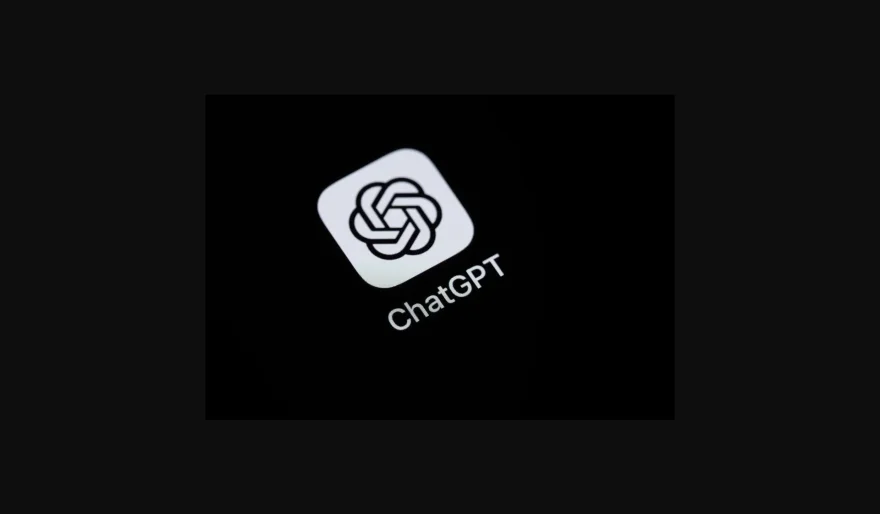Stay Ahead of the Curve
Latest AI news, expert analysis, bold opinions, and key trends — delivered to your inbox.
ChatGPT’s Deep Research Tool Gets GitHub Connector: A Game-Changer for Developers
9 min read OpenAI has added a GitHub connector to ChatGPT's deep research tool, allowing developers to analyze codebases and ask questions about code directly within ChatGPT. This feature aims to boost productivity and integrate AI into software development workflows. May 09, 2025 14:24
OpenAI has taken another significant step in enhancing the capabilities of ChatGPT’s deep research tool, introducing a GitHub connector that allows developers to directly interact with codebases and engineering documentation within the AI platform. This new feature, which is currently in beta and available for ChatGPT Plus, Pro, and Team users, allows developers to ask detailed questions about code, track dependencies, break down technical tasks, and understand complex code structures.
What’s New and How It Works
The new GitHub connector enables ChatGPT to analyze and answer questions about public or shared GitHub repositories. Developers can now use it to:
-
Deconstruct product specifications into technical tasks and dependencies, making it easier to plan out development workflows.
-
Summarize code structures and patterns, helping developers quickly get up to speed on a new codebase or understand unfamiliar code.
-
Generate practical coding examples for implementing APIs, accelerating the development process by providing real-world context and sample code.
This connector represents a massive leap forward in integrating AI directly into the development workflow, allowing for more seamless collaboration between human developers and AI assistants. Developers can now ask nuanced questions about codebases, such as how a particular module works or what dependencies a specific function relies on, and ChatGPT can give precise answers by directly analyzing the code. This is something that traditional code documentation or search tools can’t easily match in terms of responsiveness and context understanding.
Why It Matters
This connector is a significant development for several reasons:
-
Improving Developer Productivity: By leveraging the AI’s ability to quickly analyze code and answer questions, developers can reduce the time spent searching through documentation or manually inspecting code. This means fewer bottlenecks and faster iteration cycles, which is crucial in today’s fast-paced development environment.
-
AI as an Integrated Development Assistant: The GitHub connector illustrates OpenAI’s broader vision of integrating AI tools like ChatGPT into day-to-day software development tasks. As more code is hosted on platforms like GitHub, the ability to have an AI assistant that can directly access and understand this code is a huge asset. It creates an intelligent layer that can automatically provide insights, recommendations, or even detect issues without the need for external tools or manual searches.
-
Data Security and Customization: OpenAI’s promise to respect GitHub’s security settings ensures that only authorized users can access certain repositories. This focus on data privacy aligns with industry standards, addressing one of the major concerns about integrating AI into enterprise systems. Additionally, as OpenAI continues to build features like fine-tuning (which allows developers to customize models for specific tasks), the ability to personalize the AI’s responses for specific codebases becomes a powerful tool for creating domain-specific assistants.
-
Shift Toward AI-First Tools: OpenAI’s move to introduce this feature is also a part of a larger trend in the AI world—AI-first tools for various industries. By embedding AI capabilities directly into workflows, OpenAI is effectively transforming how software is developed, from writing code to debugging and optimizing systems. This aligns with the ongoing AI revolution in enterprise software, where AI tools are increasingly being used to automate complex tasks and assist professionals in specialized fields.
What It Means for the AI World
The release of the GitHub connector shows how AI is increasingly becoming embedded in specific industries, like software development, making it more useful and contextually aware. ChatGPT’s deep research capabilities are moving beyond simple question-answering into complex domain-specific tasks, making AI assistants not only reactive but proactive contributors to the work being done.
-
For Developers: This tool significantly augments human capabilities, making it easier to interact with complex codebases and quickly gather information. It could lower the barrier to entry for new developers and accelerate the pace at which seasoned developers can work, especially in large-scale, complex systems.
-
For AI Companies: OpenAI’s move to integrate external platforms like GitHub with its models marks a growing trend of cross-platform AI integration. As AI becomes more specialized and connected to external systems, customized AI agents will be able to perform increasingly specific tasks, offering tailored insights and actions based on the context provided.
-
For the Industry: As tools like ChatGPT and Claude (from Anthropic) continue to evolve, it’s clear that AI-powered assistants are becoming essential for industries like tech, healthcare, and finance, where precision, speed, and deep domain knowledge are critical. OpenAI’s deep research tool with GitHub integration could be just the beginning of AI-driven engineering productivity suites that span everything from project management to full-stack development.
Potential Risks and Challenges
Like all AI models, there is the risk of hallucinations, where the AI might generate incorrect or misleading information. Although OpenAI pitches this as a time-saver rather than a replacement for human experts, developers will still need to validate the AI’s outputs, especially when it comes to critical, complex code-related tasks.
Moreover, as AI continues to integrate more deeply with proprietary systems, there are concerns about data privacy, model security, and the ethical implications of AI-driven decisions. OpenAI’s careful approach to respecting user permissions and security settings is a step in the right direction, but the broader implications of AI access to sensitive codebases will require continued oversight.
This GitHub connector represents a significant leap forward in the way AI tools can assist developers, and its broader impact could help shape the future of AI integration in software development and other industries. It highlights how AI is moving from an experimental technology to a practical, essential tool in daily workflows.



















 AI Agents
AI Agents